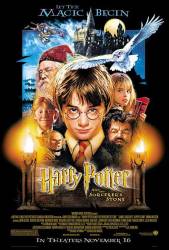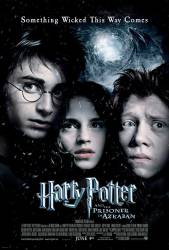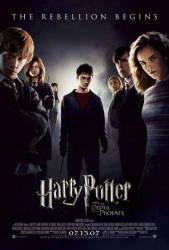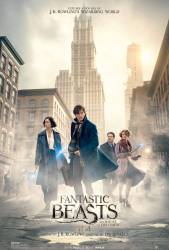
Character mistake: When Wood is telling Harry the rules of Quidditch he says that if you catch the Snitch the game is over, which is true. But then he also says that which ever seeker catches the snitch, their team wins, but that isn't true. Granted that the 150 extra points probably would give you the winning lead, but as JKR pointed out in the 4th book at the Quidditch World Cup, you can catch the Snitch but lose the match. And you'd think explaining the rules to a first-timer you would want to get it right. (01:05:40)
Suggested correction: The team whose "seeker" catches the "snitch" would win in over 90% of matches. At this point, in the film and the book, while Harry Potter has discovered that Quidditch is popular in the wizarding world, he knows nothing about the rules or how to play. Oliver Wood is giving Harry Potter his very first introduction to Quidditch. So maybe it is acceptable for Oliver Wood to give a general overview of how Quidditch works, rather than outline every nuance and detail of every game ever played.

Character mistake: When Arthur Weasley takes Harry aside in The Leaky Cauldron to warn him about Sirius Black, he says, "13 years ago, when you stopped.... You-Know-Who...Black lost everything." Harry is 13 yrs. old in Prisoner of Azkaban and was a 1 yr. old when he stopped Voldemort. Hence, Harry stopped Voldemort 12 yrs. ago, and not 13! Harry turns 11 just before school starts in Philosopher's Stone, turns 12 before school in Chamber of Secrets and turns 13 yrs. old before school in Prisoner of Azkaban. Just an aside, the last digit of Harry's age always coincides with Harry's year at Hogwarts. So, he's 13 in his 3rd year at Hogwarts, which is entitled Prisoner of Azkaban. (00:17:50)

Character mistake: In the scene just before Harry and Cho kiss in the Room of Requirement, there is a clear Daily Prophet headline to the right of the mirror - 'Mystery Disappearences' a mis-spelling of the word disappearances.

Character mistake: In her speech outside the bank, Mary Lou Barebone mentions "the wireless" as one of the wonders of modern technology, which is the British term. A New Yorker in 1926 would more likely use the Americanism "radio."
Possibly, but is it probable? Big difference between hearing someone else use it and using it oneself. Just as an example, if I ever were to travel to Britain, it would be an instinctive habit to use words like "elevator" instead of "lift", or "apartment" instead of "flat", simply because to me, as an American, that's what they're called.